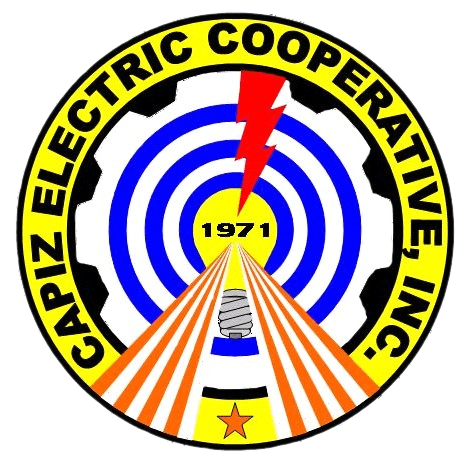1. What is an electric cooperative?
An electric cooperative is a member-owned and governed organization that provides electric services to its members. It operates on a not-for-profit basis, with the primary goal of meeting the energy needs of its members at cost-effective rates.
2. How is an electric cooperative different from a traditional utility company?
Electric cooperatives are owned and controlled by their members, who are also the customers. Traditional utility companies are often investor-owned and operate for profit. The cooperative model emphasizes member input and democratic decision-making.
3. Who can become a member of an electric cooperative?
Typically, anyone within the service area of the cooperative is eligible to become a member. Members are often residents, businesses, or institutions located in the cooperative’s designated service territory.
4. How are decisions made in an electric cooperative?
Members of the cooperative have the opportunity to participate in decision-making through a democratic process. Cooperative members elect a board of directors from among themselves, and these directors make major decisions on behalf of the membership.
5. What are the benefits of being a member of an electric cooperative?
Members often enjoy benefits such as reliable and affordable electricity, democratic control, local decision-making, and a sense of community. Electric cooperatives prioritize serving the needs of their members rather than maximizing profits.
6. How are electric rates determined in a cooperative?
Rates are set based on the cost of providing service, and any excess revenues are typically reinvested into the cooperative or returned to members in the form of capital credits. Cooperative rates are designed to cover costs and maintain financial stability.
7. What is the role of the board of directors in an electric cooperative?
The board of directors, elected by cooperative members, is responsible for setting policies, making major decisions, and overseeing the general management of the cooperative. Directors act in the best interests of the members they represent.
8. How can members get involved in their electric cooperative?
Members can attend annual meetings, participate in cooperative elections, and join committees or advisory groups. Some cooperatives also have volunteer opportunities or educational programs to engage members in the cooperative’s activities.
9. Can members install renewable energy sources like solar panels?
Many electric cooperatives support members in adopting renewable energy sources. Members interested in installing solar panels or other renewables are encouraged to contact their cooperative to understand specific guidelines, policies, and available support programs.
10. What happens during a power outage, and how does the cooperative respond?
Electric cooperatives prioritize restoring power quickly during outages. Members are encouraged to report outages promptly. Cooperative lineworkers and staff work diligently to address issues and restore service as soon as possible, keeping safety as a top priority.

